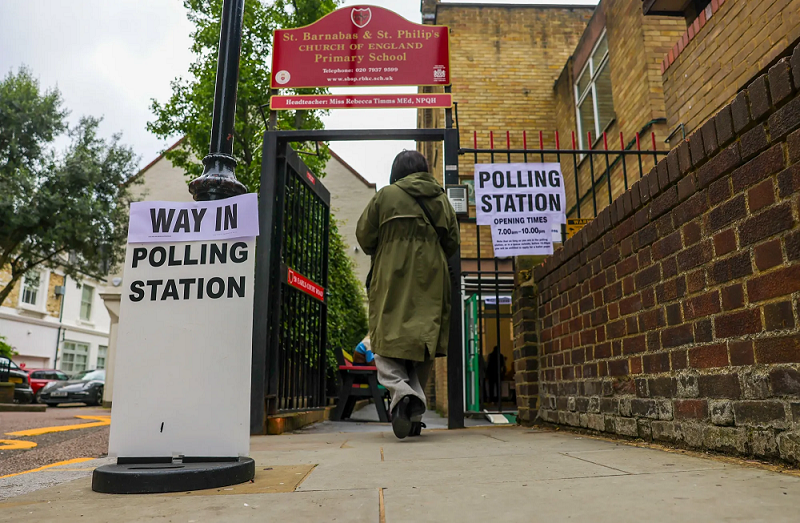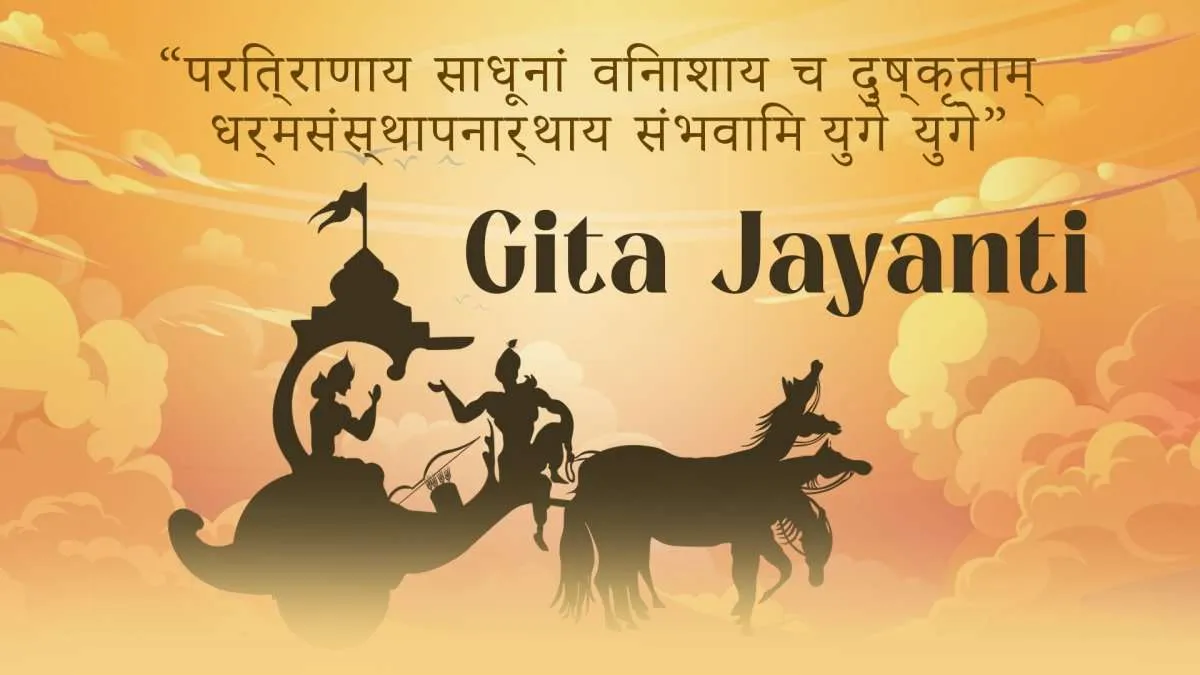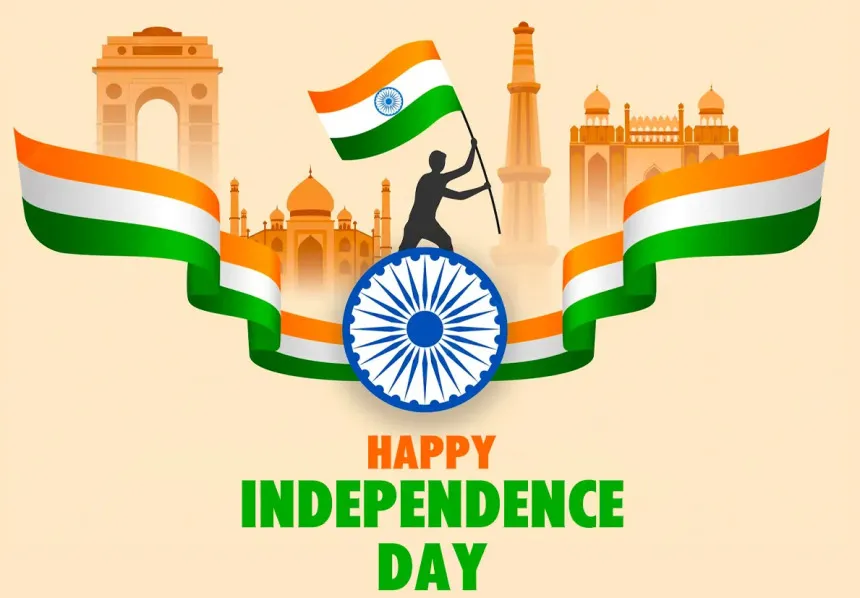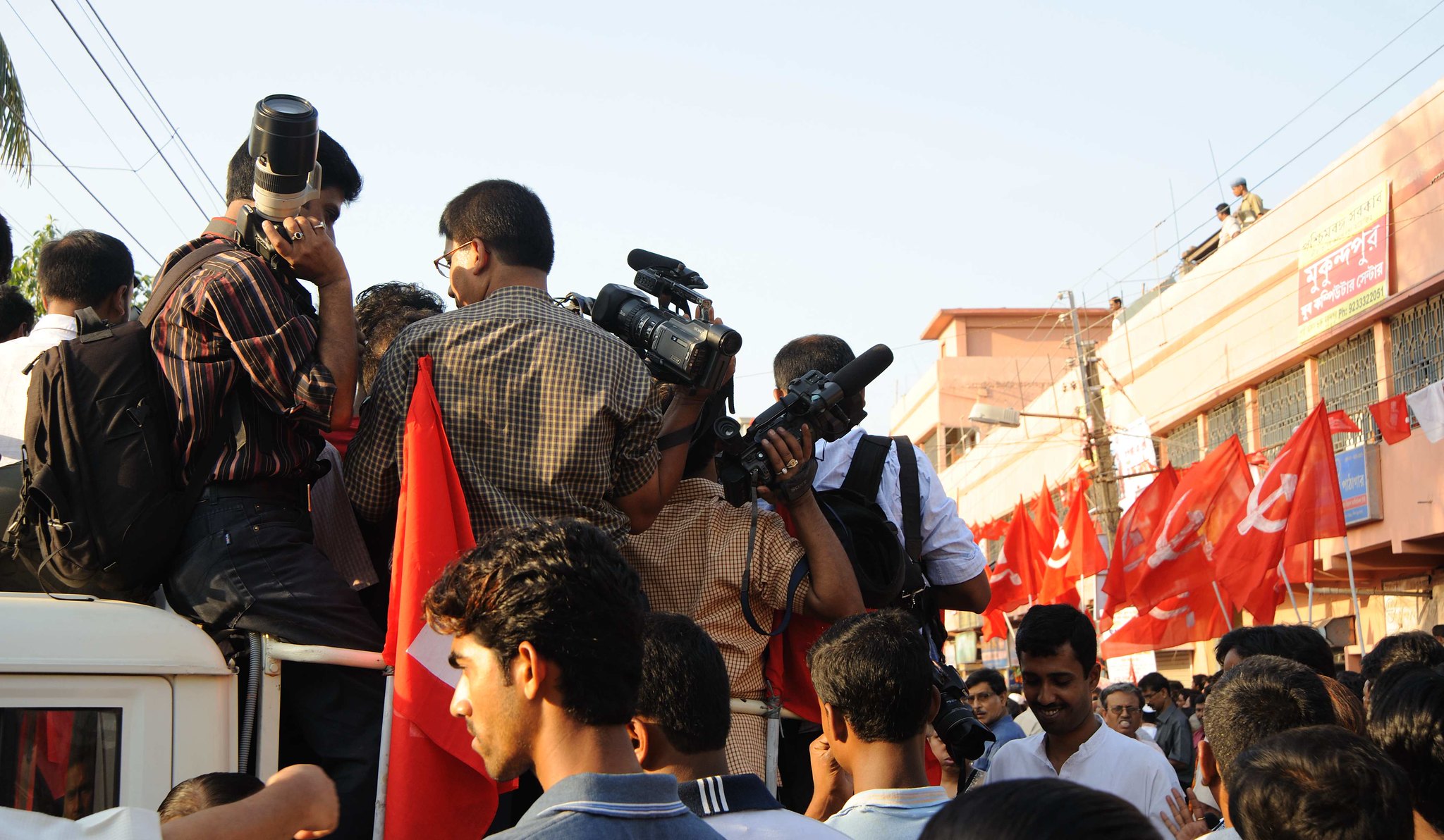The United Kingdom may be far from the bustling streets of Delhi, Dhaka, or Colombo, but its electoral outcomes reverberate across the South Asian subcontinent. In 2025, as the UK undergoes significant political shifts through its general elections, the implications for South Asia are both immediate and long-term.
From changes in foreign policy to trade relationships and diaspora engagement, let’s explore the key takeaways from the UK elections and what they mean for countries like India, Pakistan, Bangladesh, Sri Lanka, and Nepal.
🧭 1. UK’s Global Role Post-Brexit: Redefined Diplomacy
One of the most critical backdrops to the recent UK elections is the continuing ripple effect of Brexit. As Britain redefines its global identity outside the European Union, South Asia emerges as a key region of interest.
What It Means:
Increased focus on bilateral trade with South Asian economies, especially India and Bangladesh.
Push for defence cooperation and maritime presence in the Indian Ocean to counterbalance China.
Greater openness to migration agreements and talent mobility with Commonwealth nations.
The new UK government will likely double down on the "Global Britain" narrative, positioning South Asia as a strategic and cultural priority.
🇮🇳 2. India-UK Relations: FTA, Visas & Strategic Depth
India and the UK have been negotiating a Free Trade Agreement (FTA) for several years. Election results in the UK often determine how fast or slow these talks proceed.
Under the New UK Government:
Expect renewed energy in finalising the India-UK FTA.
Potential relaxation of work visas and student pathways for Indian citizens.
Strengthening of defence partnerships, particularly in cybersecurity and maritime tech.
Continued support for India’s global aspirations, including permanent UNSC membership.
With over 1.6 million people of Indian origin in the UK, both countries understand the importance of fostering close economic and cultural ties.
🇧🇩 3. Bangladesh-UK Relations: Investment and Labour Rights
Bangladesh, one of the fastest-growing economies in South Asia, sees the UK as a major export destination, especially for its garment industry.
Election Takeaways:
Any shift in labour or trade regulations in the UK will directly impact Bangladeshi exports.
Climate policies could affect green investment coming into Bangladesh’s infrastructure projects.
UK aid and development policy under a new government might prioritise sustainability and human rights, pushing for better labour conditions.
The new UK leadership may look to recalibrate its development aid strategy, and Bangladesh stands to benefit from positive engagement in areas like education, climate resilience, and tech upskilling.
🇵🇰 4. Pakistan and the UK: Political Ties, Migration, and Security
The Pakistani diaspora in the UK is one of the most politically active communities, often influencing policy debates around immigration, human rights, and bilateral diplomacy.
After the Elections:
UK-Pakistan ties could shift depending on the government’s stance on immigration reform and counterterrorism.
New leadership may focus more on de-risking UK-Pak ties through stable economic cooperation and de-radicalisation programs.
Greater scrutiny on political asylum seekers and overseas political activism.
The UK’s engagement with Pakistan will likely remain security-heavy, with room for growth in trade and education, especially in digital technology and services.
🌊 5. Sri Lanka and Nepal: Aid, Tourism & Climate Diplomacy
Though smaller in size, Sri Lanka and Nepal are strategically and environmentally significant for the UK’s soft power footprint in South Asia.
UK Elections Could Influence:
Continued or reduced foreign aid, especially in post-crisis Sri Lanka.
Climate resilience funding and green infrastructure collaboration.
Boost to tourism through easier visa processes and direct flights.
Cultural diplomacy efforts through British Council programs.
Both countries look to the UK as a partner in education, heritage preservation, and economic recovery, and new UK leadership will decide the depth of this engagement.
🗳️ 6. UK’s Domestic Policies: Direct Impact on the South Asian Diaspora
Perhaps the most immediate and emotionally charged consequence of UK elections is their impact on the South Asian diaspora.
Key Policy Areas:
Immigration reform: Work visa quotas, family reunification, and refugee policies.
Education: Rules for student visas, post-study work, and tuition fee structures.
Social policy: Anti-racism measures, hate crime laws, multicultural funding.
The British Indian, Pakistani, Bangladeshi, and Sri Lankan communities play a key role in the UK’s social fabric. A government that’s inclusive and pro-immigration can foster stronger community ties and deepen diplomatic goodwill with their countries of origin.
🌐 7. A Broader South Asia-UK Vision: Commonwealth and Global South
Post-election, the UK often reevaluates its role in multilateral platforms like the Commonwealth, G7, and UN. This matters for South Asia.
Looking Forward:
A UK government focused on renewing Commonwealth ties will prioritise South Asian engagement.
In global issues like vaccine equity, climate justice, and AI governance, the UK may seek South Asian allies to balance rising Chinese influence.
South Asia is crucial in reshaping global narratives on migration, human rights, and democratic resilience. The UK sees strategic alignment here.
💼 8. Business and Investment: What's at Stake?
New UK leadership often brings new tax, trade, and financial frameworks. South Asian economies and startups are increasingly interlinked with the UK via:
Tech collaboration
Fintech investments
Green energy partnerships
Pharmaceutical exports
Startup funding
A government focused on post-Brexit economic revival will look to India and Bangladesh for robust, scalable investment opportunities.
🌱 ESG (Environmental, Social, and Governance)-driven funding from the UK could flow into South Asia’s climate tech and infrastructure in the next five years.
✅ Final Thoughts: A Region Watching Closely
The outcome of the UK elections matters to South Asia not just because of historic ties, but because of deep modern-day interconnections—in education, trade, culture, and diplomacy.
South Asia is no longer a peripheral interest for Britain; it is central to the UK’s global relevance in the 21st century.
As South Asian countries continue to rise geopolitically, the UK’s new political leadership will need to reimagine its role as a strategic partner, not just an ex-colonial power.
Whether through a fast-tracked FTA with India, aid reform for Bangladesh, or tech bridges with Pakistan and Sri Lanka, the next five years are crucial for redefining UK-South Asia relations in a truly multipolar world.
📌 Related Posts
“How Global Elections Are Influencing Indian Foreign Policy”
“India’s Role in the New World Order: Between the West and the East”













Recent Comments
No comments yet.